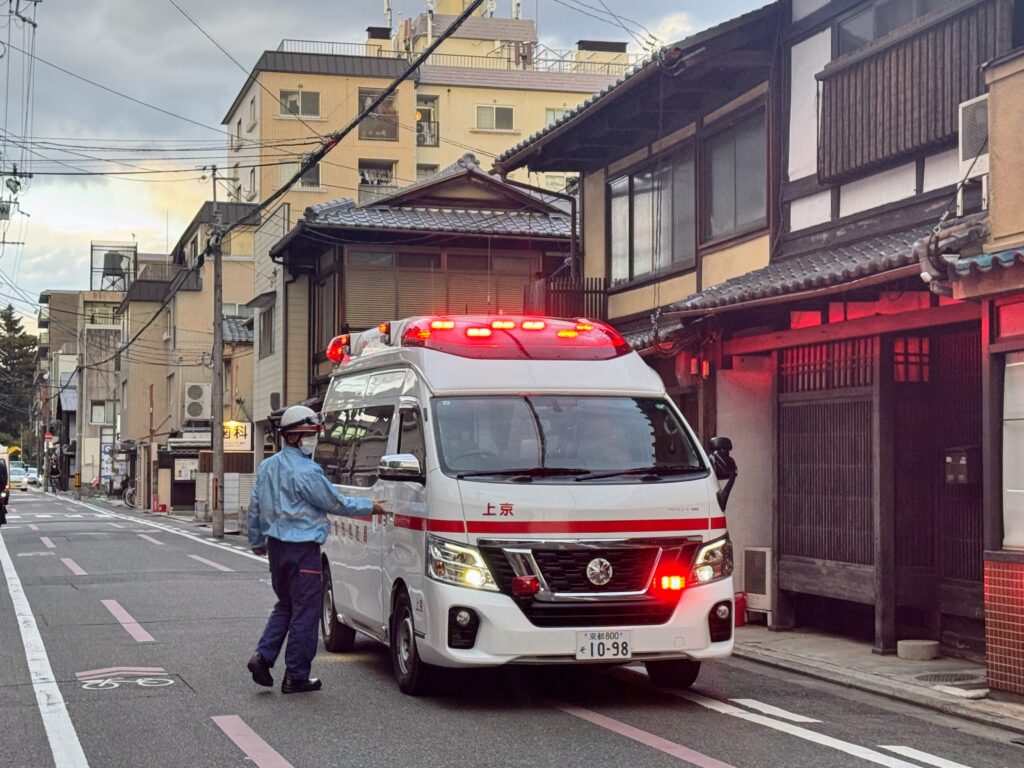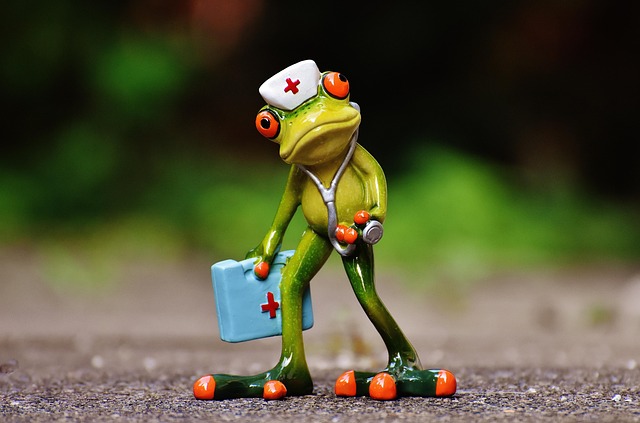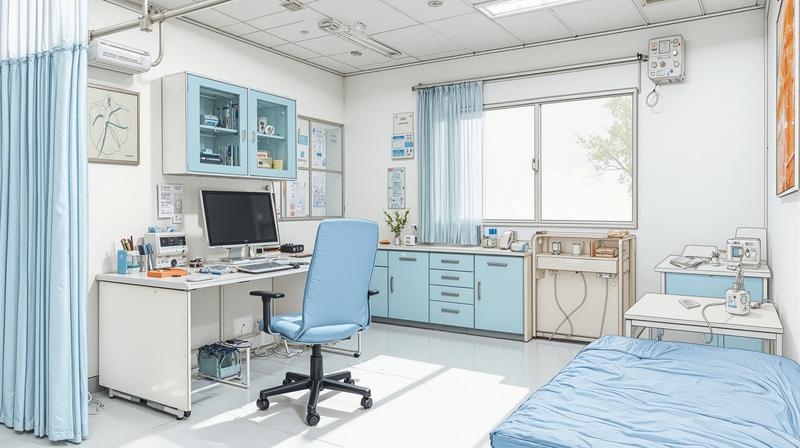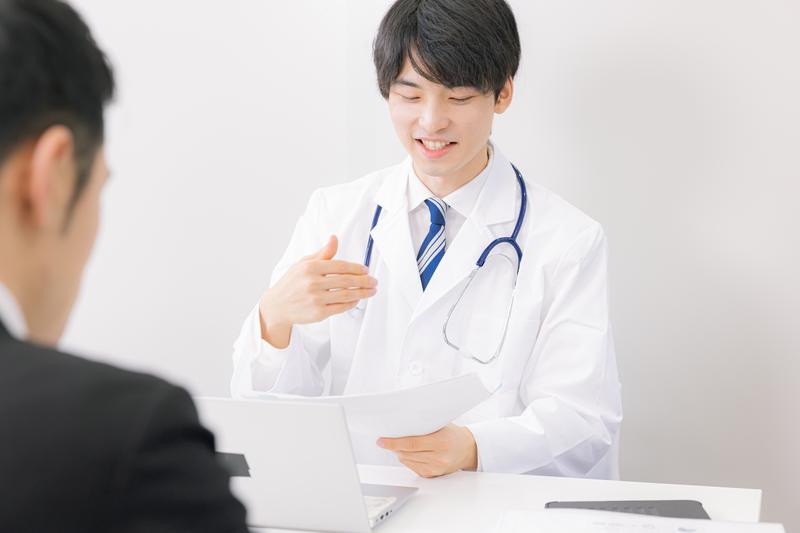When you’re traveling or living in Japan, knowing how to handle emergencies can make a critical difference. This guide provides essential information about emergency numbers in Japan, how to call for help, and navigate Japan’s emergency services effectively, especially if you’re a non-Japanese speaker. Whether it’s a medical emergency, a fire, or a need to call an ambulance, this article will guide you through the process. Keep reading to ensure you’re prepared to stay safe in any situation.
What Are the Key Emergency Numbers in Japan?
Japan has a streamlined system of emergency numbers, each designated for specific services. Here’s a quick overview of the most important numbers:
- 119: For fire emergencies and medical emergencies like calling an ambulance.
- 110: To call the police for crimes or accidents.
- 118: For the Japanese Coast Guard in case of maritime emergencies.
These numbers are toll-free and accessible across Japan, including major cities like Tokyo and Osaka. In case of an emergency, knowing these numbers will help you reach the appropriate emergency services quickly.
How to Dial Emergency Numbers in Japan?
If you’re unfamiliar with the process, dialing emergency numbers in Japan may seem intimidating, but it’s straightforward:
- Pick up the receiver (for public phones) or unlock your mobile phone.
- Dial 119 for a fire or medical emergency, or 110 for the police.
- Speak clearly to the emergency operator staff, providing your location and details of the emergency.
If you’re near a public phone, simply press the red emergency button before dialing. For mobile phones, you don’t need to enter an area code – just dial the number directly.
What Happens When You Dial 119?
When you dial 119, you’ll be connected to the Tokyo Fire Department or the equivalent local municipal fire department. Here’s what to expect:
- The operator will ask if you need the fire department (for fire-related emergencies) or an ambulance (for medical emergencies).
- If you need an ambulance, be prepared to provide adequate directions, such as landmarks or the exact address.
- Operators may not always speak fluent English, but some areas, like Tokyo, offer limited English-speaking support.
About Ambulances in Japan

An ambulance is a specialized vehicle designed to respond to emergencies, such as sudden illnesses or injuries. Ambulances are managed by the fire department, and you can request one by calling 119. If the patient’s condition improves before the ambulance arrives, it is possible to cancel the request.
While paramedics operating ambulances in Japan are not licensed doctors, they are legally allowed to perform basic first aid until the patient is transported to the hospital. Some paramedics, known as 救命救急士 (kyūmei kyūkyūshi), hold advanced certifications, allowing them to provide higher levels of emergency care.
According to the 2021 Fire and Disaster Management Agency White Paper, ambulances were dispatched over 6 million times in 2021. That’s equivalent to approximately 16,969 dispatches per day, or one ambulance being dispatched every 5.1 seconds somewhere in the country.
Cost of Ambulance Services
In Japan, ambulances are free of charge for everyone, including foreign visitors. This is unlike countries such as the United States or Germany, where using an ambulance can cost several tens of thousands of yen per trip.
However, even though ambulance services are free, they should only be used in genuine emergencies. Misusing these services can delay critical care for those who truly need it. Always ensure it’s a real emergency before calling for an ambulance.
What If You Need Medical Help but It’s Not an Emergency?
For non-urgent medical concerns, Japan offers the 7119 emergency telephone consultation center. This service helps you determine whether you should go to the hospital or wait for regular medical services.
Additionally, you can find English-speaking medical centers through embassy websites or the Tokyo Metropolitan Government‘s hospital information service.
Tips for Communicating in Japanese
If you’re unsure how to communicate in Japanese when calling 119, try using simple phrases like:
- “救急車をお願いします (Kyūkyūsha o onegaishimasu)” – “Please send an ambulance.”
- “〇〇で火事です (〇〇 de kaji desu)” – “There’s a fire at [location].”
These phrases will help operators understand the nature of the emergency and dispatch the appropriate services quickly.
When to Call 110 for the Police?
Use 110 for crimes, traffic accidents, or if you lose something in Japan, such as your wallet or passport. The police can help you file a report or assist in resolving disputes.
If you’re in Tokyo or another large city, you can visit a kōban (police box) for non-emergency inquiries. Many police officers are trained to assist foreigners, but having enough Japanese to explain your situation can be helpful.
What Should You Do in a Natural Disaster?
Japan is prone to natural disasters such as earthquakes, typhoons, and floods. In the event of an emergency, stay updated via:
- TV broadcasts or radio announcements for disaster alerts.
- Emergency apps like the “NHK World Japan” app, which provides alerts in English.
- Local evacuation centers, which are marked and equipped to handle disasters.
Be prepared to use your emergency contact list and know your nearest embassy or consulate for additional support.
What Are Some Useful Emergency Numbers for Non-Japanese Speakers?
If you’re worried about language barriers, Japan offers several resources:
- Tokyo Fire Department (English Hotline): Provides assistance for emergencies involving fire or medical issues.
- Embassy and Consulate Contact Numbers: Keep a list of your home country’s embassy numbers for additional help.
- Suicide Prevention Hotlines: Specialized services for mental health emergencies, with English-speaking staff in some regions.
These useful phone numbers can help you navigate emergencies even if you don’t speak Japanese fluently.
Quick Reference: Emergency Numbers in Japan
Here’s a list of emergency numbers to keep handy:
- 119 is your go-to number for fires or ambulances in Japan.
- 110 connects you to the police for reporting crimes or accidents.
- For non-urgent medical issues, dial 7119.
Always keep a list of important phone numbers, including your embassy contact and nearby medical centers.



2 thoughts on “Emergency Numbers in Japan: How to Call for Help – 119 & 110”